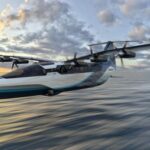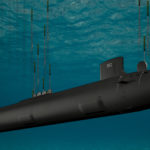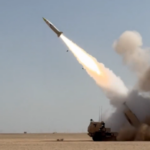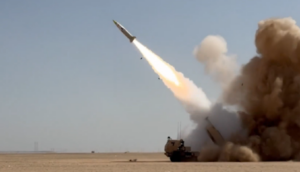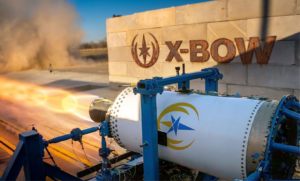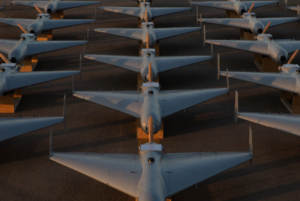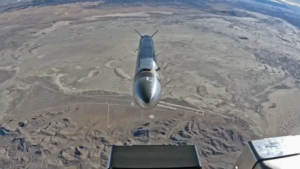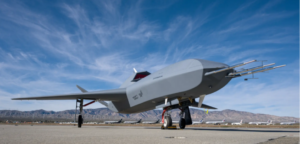A prominent defense analyst believes tech billionaire Jeff Bezos’ funding of Blue Origin by selling his Amazon [AMZN] stock is formidable as it is a constantly replenishing pool of money for Bezos to tap.Byron Callan of Capital Alpha Partners said April 10 it is likely Bezos, who founded both the Amazon online marketplace and Blue Origin space company, is getting annual stock awards as part of his compensation for running Amazon. Bezos said April 5 at the Space Symposium in…
Recommended
Trending
Congress Updates
Amid Questions On Weapons Stockpiles, Caine Says U.S. Has ‘Sufficient’ Munitions For Iran Operation
Pentagon leaders on Wednesday sought to quell concerns over the rate at which the U.S. is employing critical munitions in its military strike campaign against Iran, with lawmakers also pressing […]
SASC Leaders Criticize Trump’s Defense Strategy, Press Colby On Policy Shifts
Senate Armed Services Committee (SASC) leadership on Tuesday criticized the Trump administration’s new National Defense Strategy (NDS) and pressed the Pentagon’s top policy official to explain the document’s priorities. SASC […]
Wicker Wants Legislation On DoD’s Equity Investments In Minerals Supply Chain
Legislation regarding equity investments by the Defense Department in critical mineral supply chains is needed to strengthen the larger defense industrial base and demonstrate to the “free market” that the […]
“Not Sure How They Get To Where They Wanna Be,” Calvert Says of $1.5 Trillion Defense Topline Proposal
As the federal government enters a third week of tardiness in a fiscal 2027 budget release, a big question is how the Pentagon will be able to spend $500 billion […]
Job Feed
-
Supervisory Interdisciplinary
USA Jobs - Hanover, NH -
Assistant Director of Accreditation and Operations
University of Kansas - Lawrence, KS -
AUL for User Experience and Services
University of California Riverside - Riverside, CA -
Chair, Department of Radiation Oncology Opportunity
Cedars-Sinai Medical Center - Los Angeles, CA

